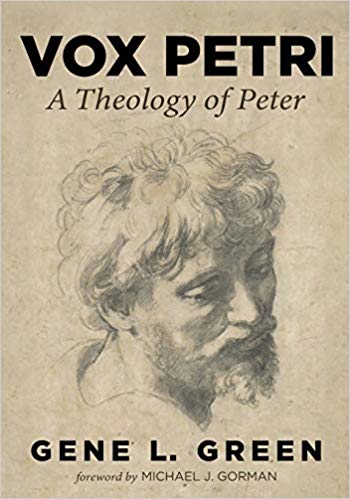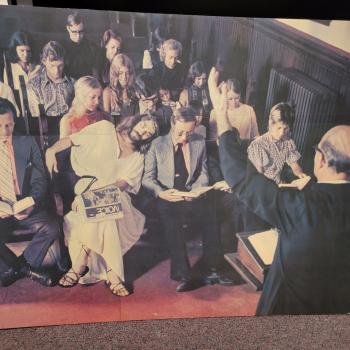BEN: It appears one of your main goals in this book is not to settle for just recovering ‘the Peter of early Christian memory’, but to actually close the gap between that and the actual historical Simon? You are not arguing for ‘Simon unfiltered’ but, I take it, simply for an authentic presentation of the actual voice and views of Simon, not just how later Christians remembered him. Right?
GENE: Spot on, Ben. There are rather substantive sections in the book where I deal with both the nature of historical testimony and the specific critical problems surrounding each of the witnesses to Peter’s theology. Ignoring the methodological and critical issues would have been irresponsible, and I ask for readers’ forbearance when following the arguments on both these important issues. Peter had an amanuensis when he wrote, Luke handled Peter’s speeches as would a responsible ancient historian, and Mark was Peter’s translator who faithfully represents Peter’s preaching. We’re hearing Peter, but each of his friends helps get his message across to particular readers. They were not making it up as they went along, Indiana Jones style.
BEN: You have chosen not to deal with the potentially interesting material in 2 Peter, particularly 2 Pet. 1 with the story of transfiguration retold, ostensibly by Peter him. Why? Some time ago I argued at length that at least in 2 Peter 1 may reflect a genuine Petrine testimony, as the grammar and vocabulary etc. are like that in 1 Peter. Why did you avoid dealing with 2 Peter at all?
GENE: As we all know, 2 Peter presents us with a raft of critical problems. Open any commentary or NT introduction and we encounter page after page of discussion about the authenticity of the letter in the ancient church and contemporary scholarship. I dealt with the critical issues in my commentaries on 2 Peter but for Vox Petri it seemed best to leave the epistle to one side given the level of controversy. I, like you, believe that there are clear resonances between 2 Peter and the rest of the testimony about Peter, but detailing those out is work for another day. Also, making an argument for the inclusion of 2 Peter in Vox Petri would have increased the size of the study substantially and, I believe, would have been a distractor. It would have been too easy for many to dismiss this study of Peter’s theology had I plowed that field. Was this the best call? Well, it depends on where you stand along the critical spectrum, I guess. Perhaps someone will want to take up this challenge.
















